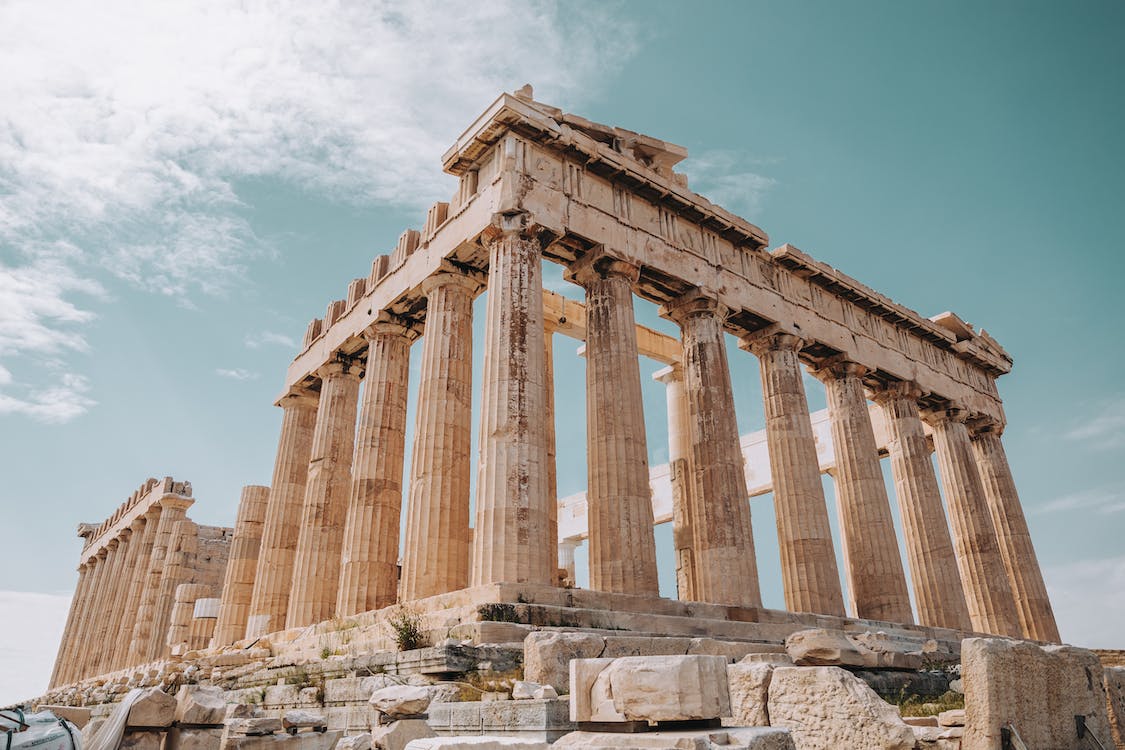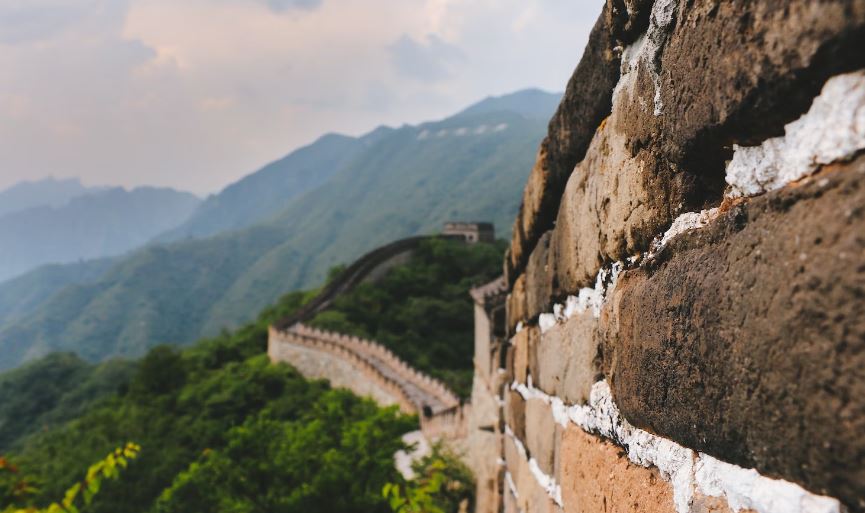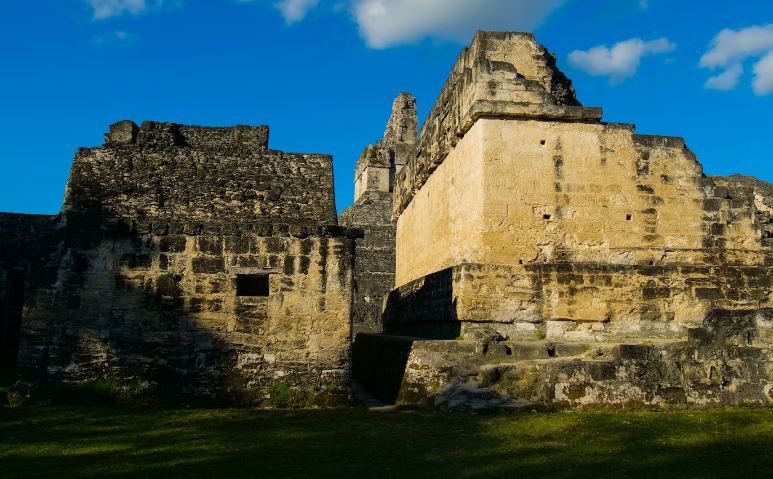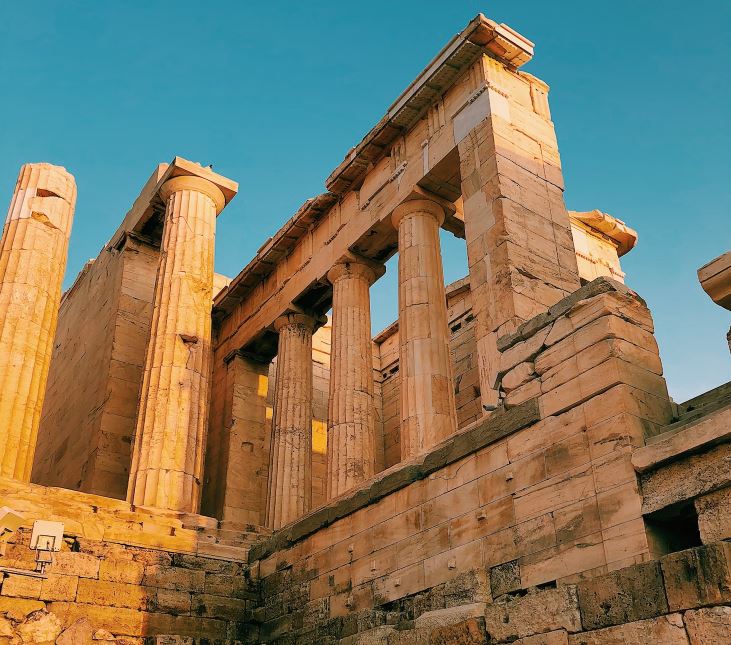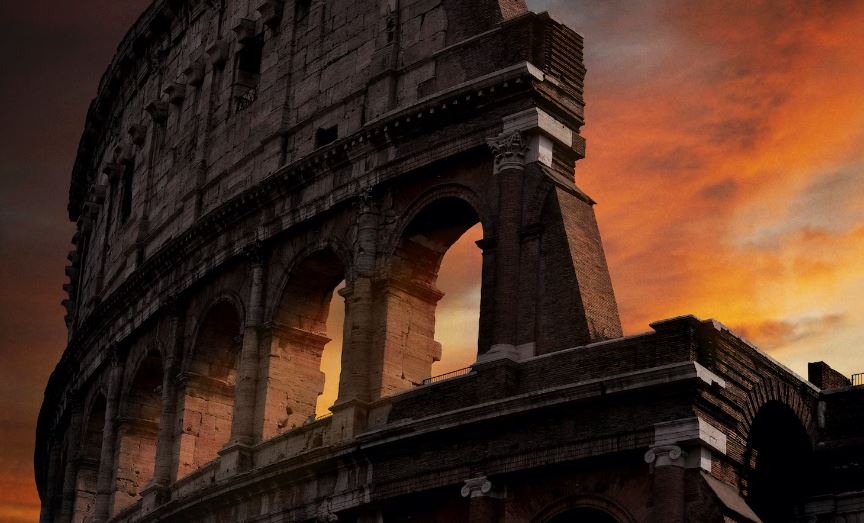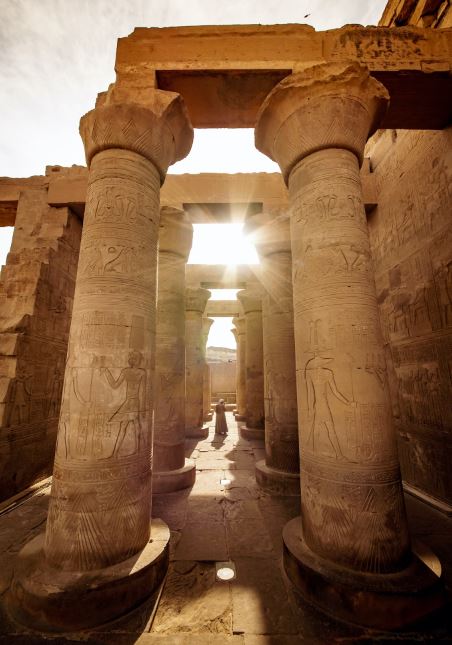Background
Throughout history, numerous ancient civilizations have left an enduring imprint on the fabric of contemporary society. These civilizations, characterized by their remarkable innovations, cultural contributions, and lasting legacies, have significantly influenced modern life in diverse ways. Among the influential ancient societies that have left an indelible mark on the present world are the Sumerian Civilization, the Indus Valley Civilization, Ancient and Early Imperial China, the Ancient Maya Civilization, Ancient Greece, Ancient Rome, and Ancient Egypt. In this exploration, we will delve into the profound effects of these civilizations on contemporary entertainment, technological advancements, and the enrichment of our intellectual and cultural horizons.
Sumerian Civilization
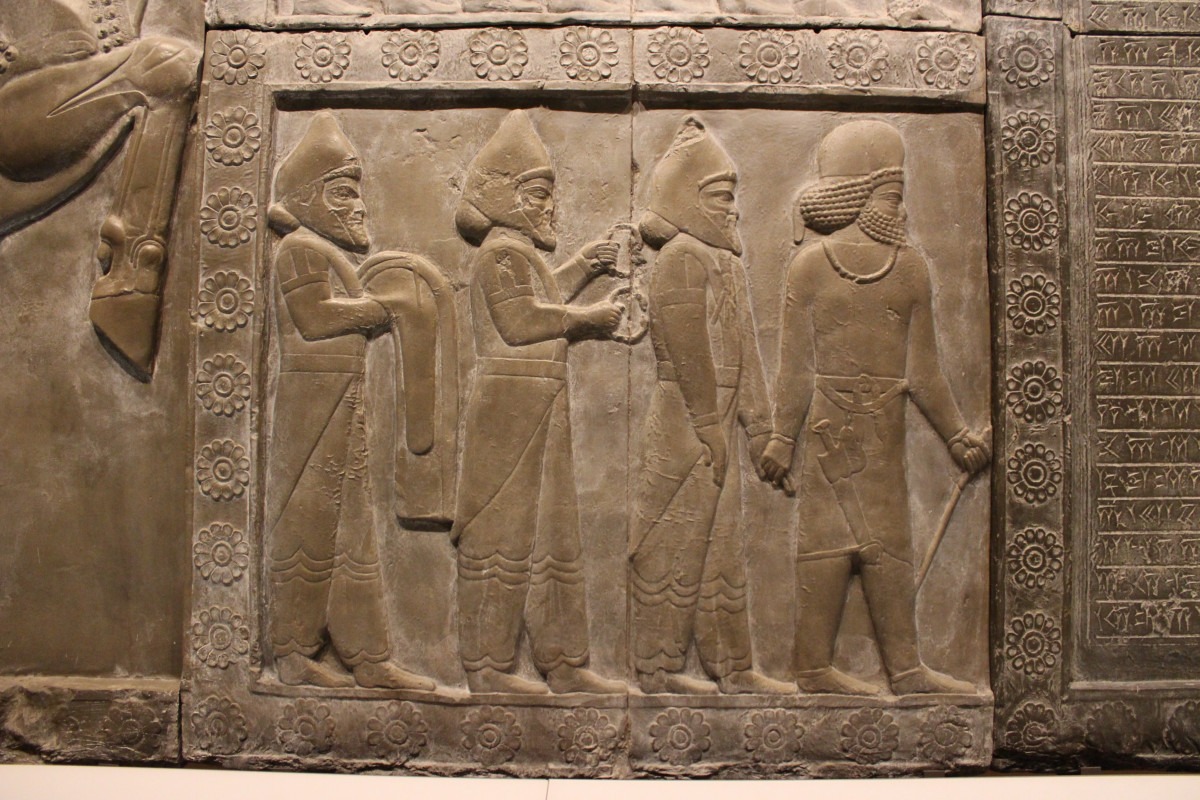
The Sumerians, who dwelled in Mesopotamia around 4500 BCE, pioneered various fields that continue to shape modern existence. Their most notable contributions include the invention of cuneiform script as a precursor to all subsequent writing systems. This invention facilitated the recording of information, and its modern equivalent is the written word that permeates our lives through books, newspapers, and digital media.
Furthermore, the Sumerians introduced the concept of the city-state, a political structure that has evolved into modern nation-states. The governance and administrative systems they formulated, including taxation and legal codes, serve as precursors to contemporary governmental and legal frameworks.
Indus Valley Civilization
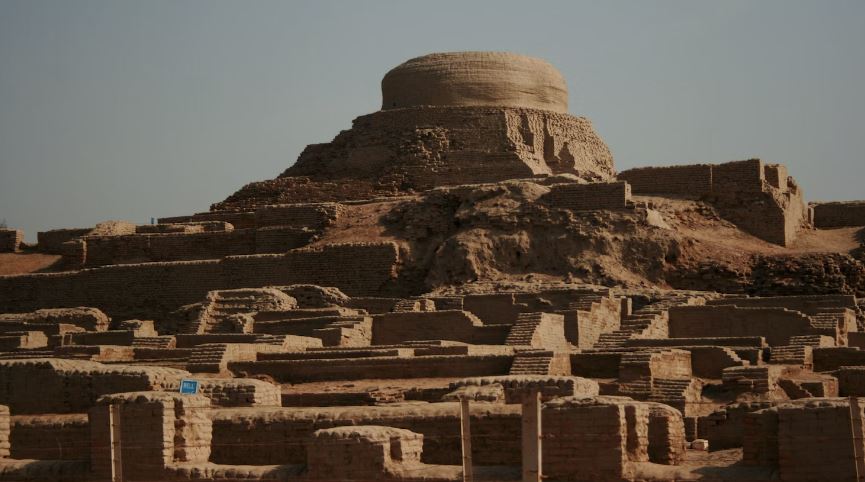
The Indus Valley Civilization, which flourished approximately from 3300 to 1300 BCE in present-day Pakistan and India, left behind an enduring urban legacy. Their advanced urban planning, characterized by well-organized streets and sewage systems, resembles modern city infrastructure. The disciplines of town planning, waste management, and public sanitation they pioneered have significantly influenced the urbanization of modern cities.
Ancient and Early Imperial China
China, one of the world’s oldest continuous civilizations, has made substantial contributions to the modern world. In the realms of technology and invention, the Chinese made profound strides, including the invention of paper, printing techniques, the compass, gunpowder, and the wheelbarrow. These innovations have had a lasting impact on communication, transportation, and warfare, with contemporary applications ranging from books and newspapers to navigation and military weaponry.
China’s philosophical traditions, such as Confucianism and Taoism, have also played a substantial role in shaping modern ethical and moral frameworks, influencing both interpersonal relationships and governance.
Ancient Maya Civilization
The Ancient Maya Civilization, renowned for its sophisticated hieroglyphic writing system and architectural marvels like Tikal and Chichen Itza, has influenced modern society through its contributions to mathematics and astronomy. The Maya developed a positional number system, laying the foundation for modern mathematics. They also crafted a highly accurate calendar that continues to be studied and referenced, particularly in the field of archaeoastronomy.
Moreover, Maya art and iconography have deeply impacted contemporary art and design, influencing motifs and patterns in various forms of visual expression.
Ancient Greece
The contributions of Ancient Greece to modern society are immeasurable. From philosophy and democracy to art and literature, Greece’s influence permeates our lives. Greek philosophers like Socrates, Plato, and Aristotle established the groundwork for Western philosophy, shaping our understanding of ethics, politics, and the pursuit of knowledge.
The democratic principles practiced in ancient Athens have evolved into modern democratic systems of governance, promoting values of individual rights and participation in decision-making.
Greek art, architecture, and drama have also left an enduring legacy. Classical Greek architecture, characterized by columns and symmetry, is evident in the design of many government buildings, banks, and museums worldwide. Greek mythology and epic poems, such as the “Iliad” and “Odyssey,” continue to inspire literature, films, and popular culture.
Ancient Rome
The Roman Empire, renowned for its engineering marvels like aqueducts and roads, has significantly influenced contemporary infrastructure. The concept of a centralized government with divisions of power influenced the formation of modern republics and democracies.
Roman law, especially the principles of “innocent until proven guilty” and the right to a fair trial, underpin modern legal systems. Latin, the language of ancient Rome, has left an indelible mark on the development of many modern languages, including English, Spanish, and French.
Ancient Egypt
Ancient Egypt, with its rich cultural heritage and innovations, has profoundly influenced contemporary society. Their architectural achievements, exemplified by the pyramids and temples, continue to inspire modern architecture and engineering. The understanding of geometry and mathematics used in these monumental structures remains relevant in construction and design today.
The Egyptian system of hieroglyphs, which evolved into a complex writing system, has contributed to the development of written communication. Additionally, Egyptian mythology and religious beliefs have permeated modern literature, films, and art.
Contemporary Entertainment
The influence of these ancient civilizations on contemporary entertainment is evident in various forms of media. Greek and Roman mythology serve as abundant sources of inspiration for literature, movies, and television shows. The enduring fascination with gods, heroes, and epic quests is exemplified in works like “Percy Jackson,” “Clash of the Titans,” and “Hercules.”
The Maya calendar and their apocalyptic predictions have also impacted contemporary entertainment, leading to the popularization of ideas like the Mayan apocalypse in movies and documentaries.
Egyptian history and archaeology, with its mummies and curses, continue to captivate the imagination in movies like “The Mummy” series. The mysteries of ancient Egypt have spawned countless adventure films and novels.
Technological Advancements
The technological advancements and innovations of these ancient civilizations have had a profound impact on the apparatus we use today. Chinese inventions like paper and printing have paved the way for the dissemination of knowledge through books, newspapers, and the internet.
The Sumerian invention of writing systems and cuneiform influenced the development of written communication, from ancient scrolls to modern digital text. The Indus Valley Civilization’s contributions to urban planning and sewage systems laid the groundwork for contemporary urban infrastructure.
In the field of medicine, the knowledge and practices of ancient civilizations have informed modern medicine. Greek and Roman contributions to medical knowledge, including the Hippocratic Oath, have influenced the ethics and principles of modern healthcare.
Broadening Our Scope
Beyond entertainment and technological advancements, the legacies of these ancient civilizations have expanded our intellectual and cultural horizons. They have enriched our understanding of human history, ethics, governance, and art. The study of ancient civilizations fosters cultural appreciation and cross-cultural understanding, encouraging us to embrace the diversity of human experiences throughout history and recognize the interconnectedness of different societies. In education, the study of these civilizations forms the foundation of classical education and provides a fundamental understanding of literature, philosophy, history, and the arts.
Conclusion
The impact of ancient civilizations on modern society is profound and multifaceted. From the foundational principles of governance and law to technological innovations and cultural contributions, these ancient societies continue to shape our world in countless ways. Their enduring legacies remind us of the rich tapestry of human history and underscore the importance of preserving and learning from the past as we navigate the challenges and opportunities of the present and future.

